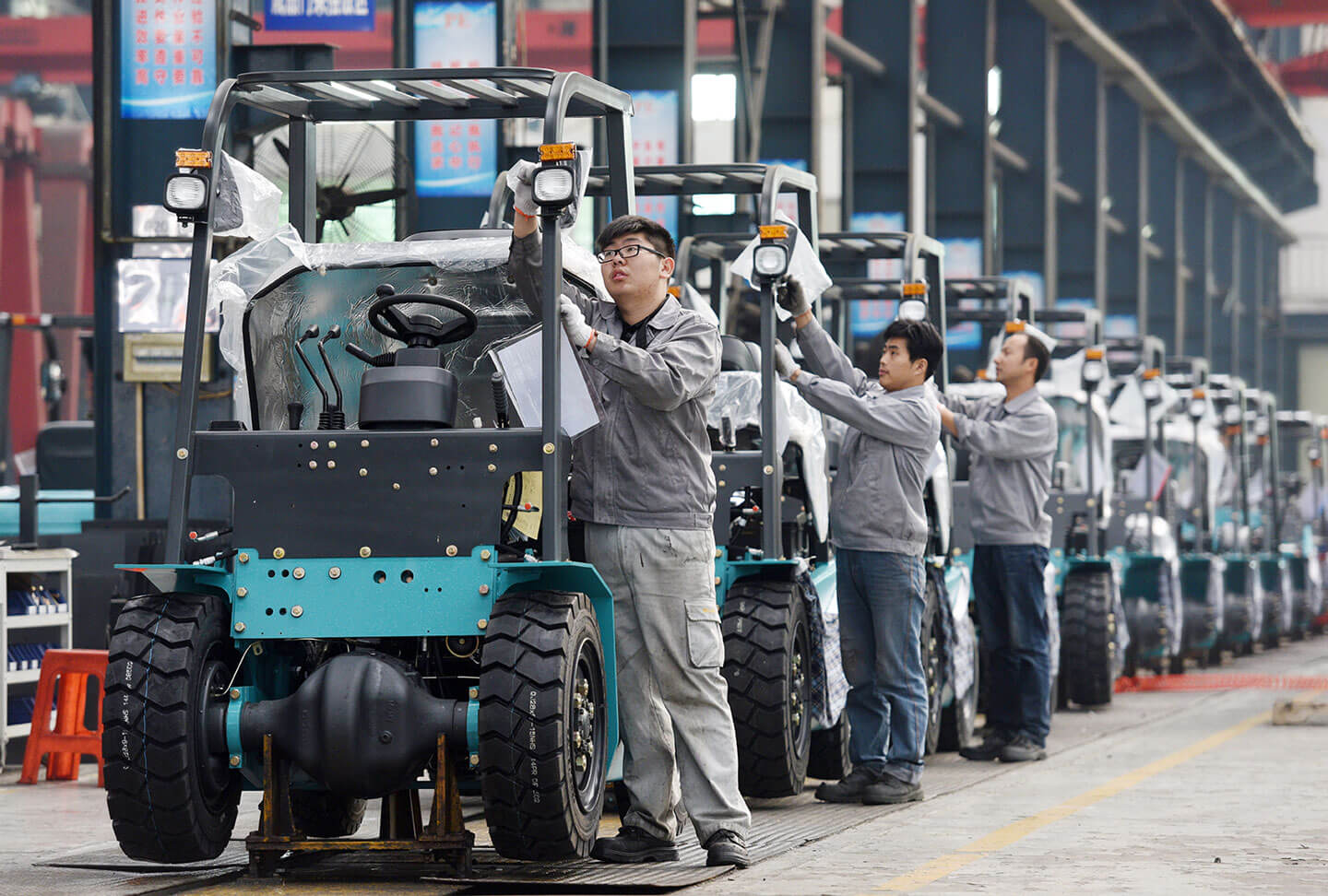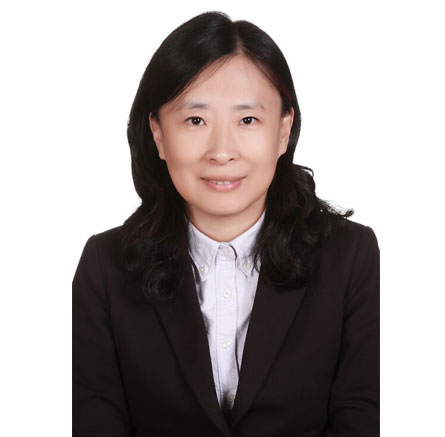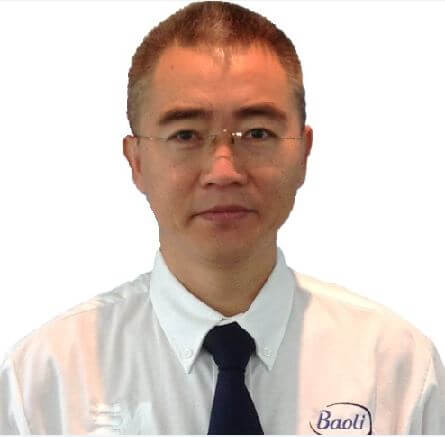Quick action is required
Three months after official implementation of the new standards, forklift makers within the industry differ sharply when it comes to their execution results. Some forklift manufacturers and engine producers have not reacted fast enough to keep up, and there were misunderstandings over the policies and standards being implemented, which ended up hurting the sales of those enterprises. On the other hand, some other forklift manufacturers and engine producers sprang to action as soon as the Chinese government began promoting the new standards during the 12th five-year plan (2011-2015), working together to develop products that meet the new standards.
For example, collaboration between KION Group’s Baoli brand in Jingjiang (Jiangsu Province) and Chinese engine maker Weichai Power has already borne fruit. Weichai Power had begun building its reserve of technologies to satisfy the new emission standards as early as several years ago. As one of the earliest forklift manufacturers in the industry to launch a Stage III engine project , KION Baoli began its technical preparation work for the new standards back in early 2015. By the time the new standards officially went into effect, all of the diesel forklift trucks sold by Baoli in China, from 1.5-tonne to 10-tonne models, already complied with the new standards’ requirements. Baoli’s quick response, coupled with Weichai’s prudent preparation, allowed Baoli to successfully complete the switch from Stage II-compliant to Stage III-compliant engines.
Higher requirements on service
This accomplishment did not come easily. Wang Guihai, General Manager at Baoli, is crystal clear about the challenges his team overcame on the way to achieving its results. “Switching engines on a forklift truck may not sound that hard, but in fact the degree of difficulty can well be compared to giving a person a heart transplant.” he explains, “The entire process, from technology development to testing and on to mass production and launching sales on the market, involves a host of internal links, including R&D, testing, quality control, production, logistics and sales.”
Additionally, in view of the different working conditions of its customers, and in order to satisfy their various demands, Baoli provided customers Stage III-compliant Baoli products with engines using different fuel injection systems. The technical advantages of the new engines allow customers to reap huge benefits, but the complex fuel injection systems also put forward higher requirements for service and maintenance.
According to Wang, “just stressing to customers the superiority of the new engines and the importance of maintenance was clearly not going to be enough. We also need to train dealers. More importantly, we need to handle market and customer feedback extremely promptly and effectively.” Baoli’s thorough preparation and hard work impressed the market. By the end of July, Baoli had received nearly 2,000 orders since it started selling Stage III-compliant forklifts in April.


